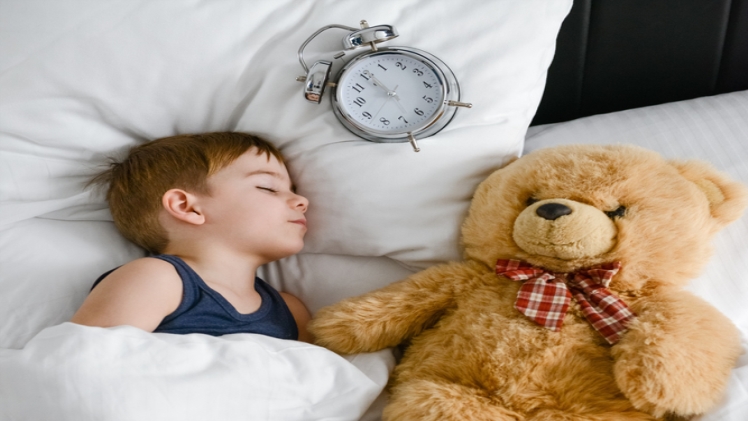Agreed, your children should be productively engaged and make optimal use of their time. Childhood does not come twice and academics, school activities, online hobby classes and playtime will keep your little one engaged and busy throughout the day. You will find several stimulating fun activities for kids at Yellow Class as well. This will help your children learn new things, have a lot of fun, build new friendships and find outlets for burning off their extra energy. In this context, when we talk of energy, it is essential to state that it only comes from being well rested. Children who get the right amount of sleep are automatically less cranky, happier and more productive while being physically and mentally more agile in the bargain. While there is no one size fits all rule here, there are some general guidelines that you can refer to. These include the following:

- 4-12 month old infants- 12-16 hours
- 3-5 year old children- 10-13 hours
- 1-2 year old toddlers- 11-14 hours
- 6-12 year old children- 9-12 hours
- 13-18 year old teenagers- 8-10 hours
3-5 years is the most crucial time when children need to properly rest and conserve energy for taking part in every activity inconceivable! Preschoolers usually snooze for 10-13 hours each day. With your child approaching the age of 3, he/she will most probably be napping once a day. However, many children will prefer another mini nap sometime during the day as well. They may require this second nap on a few days while some days will see them sailing through without the same. Some children also give up napping during the daytime altogether at this stage. You can also use this time, mostly post lunch, for encouraging your child to relax, read and play a few games.
Children may also commonly face some sleep issues at this age and may resist going to sleep. They may periodically wake up every night as well. You should make sure that your child avoids beverages containing caffeine and avoids any computer or television screens prior to bedtime. Do not allow any gadgets to be used in their bedrooms. Some children may resist bedtime. Set your limits, i.e. how many books to be read together before going to sleep in such scenarios. Tuck your little one every night for more comfort and a feeling of security. Do not ignore any fears expressed at bedtime like nightmares and anxiety. Reassure your child and comfort him/her and the problem will go away on its own.

Talk to your doctor if your child snores loudly, sleepwalks, suffers from any night anxieties perennially and so on. Some children do not get maple sleep, leading to crankiness, fussy temperaments and issues regarding security or nightmares. Good sleep is the only solution in this scenario.


